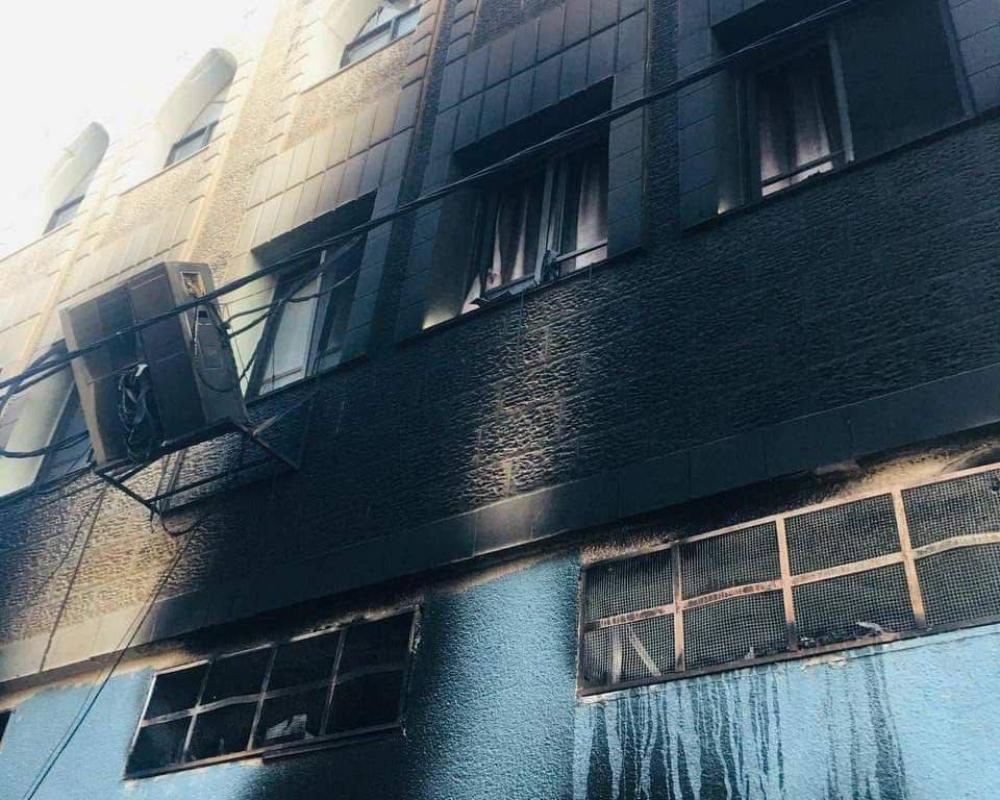
The West Bank / PNN/
The Israeli occupation forces continue, for the second day, their aggression against the Jenin and Tulkarm governorates, the most extensive since the 2002 invasion, while they withdrew from Tubas.
According to medical sources, the aggression on the northern West Bank has so far resulted in the killing of 17 citizens, including eight in Jenin, five in Tulkarm, and four in Tubas, while more than 30 others were injured, bringing the death toll since October 7, 2023, to 667.
In Tulkarm, the occupation forces expanded their aggression on Tulkarm to include the Tulkarm camp in addition to Nour Shams camp, raiding dozens of homes there and subjecting a large number of civilians to field investigation, while continuing to besiege Nour Shams camp and closing all its entrances while storming and searching homes.
In Jenin, the occupation forces continue to besiege the city and storm its eastern neighborhood and have sent military reinforcements to the vicinity of its camp amidst violent clashes and the sound of explosions from time to time.
Jenin Governor Kamal Abu al-Rub said that the situation in Jenin is difficult, noting that the occupation forces are still besieging the city and its camp and closing the roads leading to it.
He added that the occupation forces continue to destroy citizens' vehicles and property, bulldoze streets and infrastructure, raid homes and move from one house to another in the city and camp.
Al-Rub pointed out that the occupation forces forced a number of citizens to evacuate their homes and told them not to return to them for four days and turned them into military barracks.
On the second day of the aggression on Jenin and its camp, the death toll rose to eight, while the number of injuries rose to seven, including a critical case, and a number of detainees, while the occupation forces continue to besiege Ibn Sina and Martyr Khalil Suleiman Governmental Hospitals.
Jenin Hospital Director Wissam Bakr said correspondent that the occupation forces are still stationed at the entrances to the hospital and are placing earthen barriers on the streets leading to it.
He added that electricity is still cut off from large parts of Jenin's streets and the camp, including the government hospital, and that the hospital currently relies on generators.
"We are still relying on our fuel reserves to operate the hospital's departments and rooms, and given the water outage in Jenin, we are resorting to the water tank in the hosp